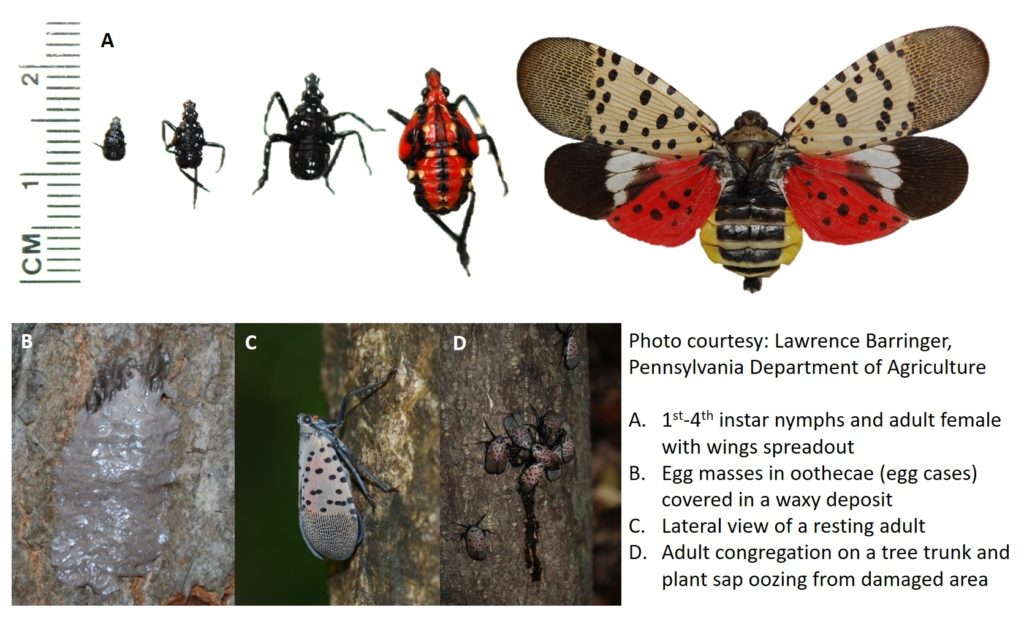
Effected Trees
Common Landscape Trees:
- Maples
- Pines
- Birch
- Styrax
- Stewartia
- Dogwood
- Service Berry
- Alberta Spruce
Host Shrubbery
- Azalea
- American Bittersweet
- Grape Vine
Street and Shade Trees:
- Beech
- Lynden
- Sycamore
- Poplar
- Willow
- Oak
- Tulip Poplar
Invasive trap Tree:
- Tree of Heaven
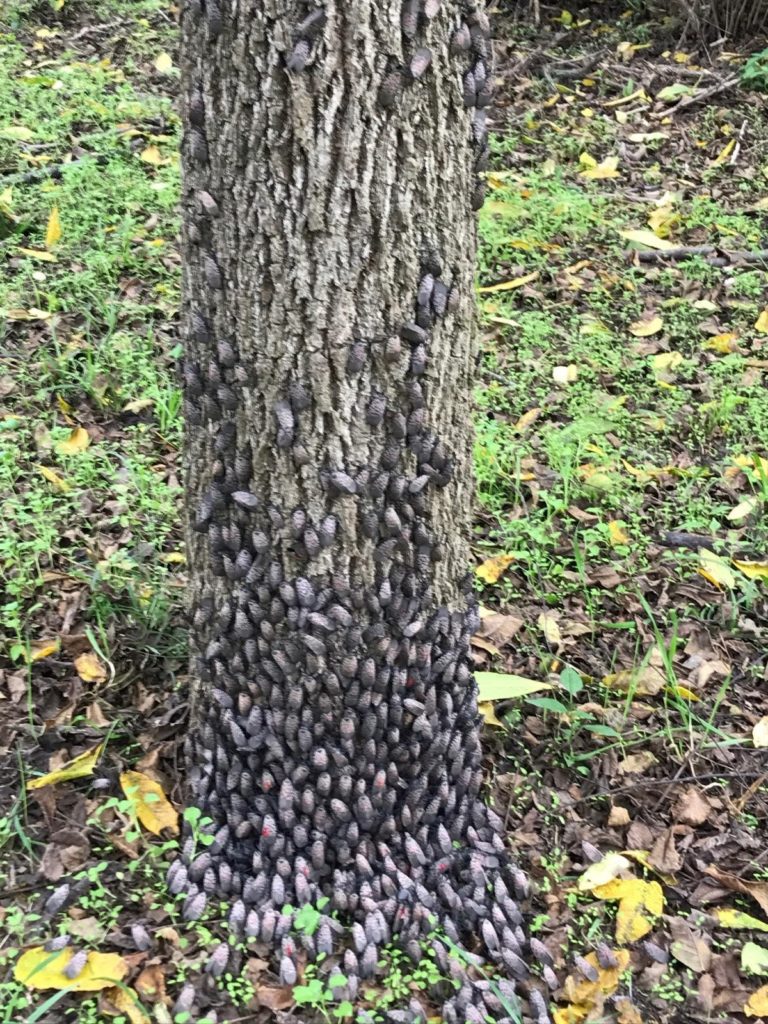
In addition, lantern flies are already known to feed on most types of fruiting trees in the prunus species (plums, cherries, peaches) as well as apples and citrus varieties. Many grains such as hops, soy beans and wheat are also potential hosts.
As the lantern fly population expands the species of plants that they feed on will expand.
Entomology:
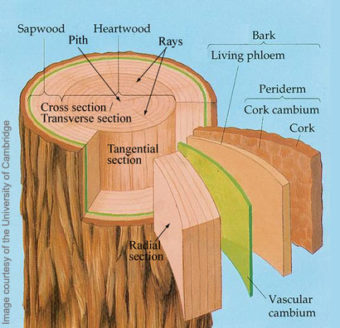
Adult lantern pierce the bark of host trees to feed on the sap in the Phloem, which will result in oozing sap on the trunk of the tree
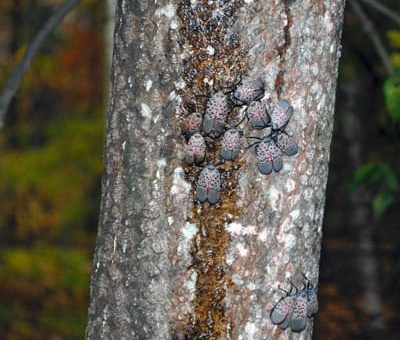
In high concentrations the feeding will weaken host trees and potentially even kill an already weakened specimen.
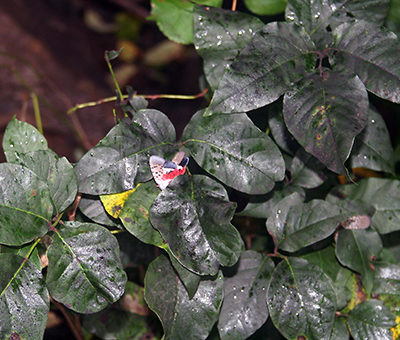
The greater impact from the lantern fly is from the excretion called honeydew. Honeydew coats the leaves and bark of the tree, as well as anything below. A black mold develops on the honeydew creating a vinegar like odor. In addition to blocking photosynthesis, this mold attracts other unsavory insects such as wasps and gnats.
Dooley Pyne offers a multifaceted IPM (Integrated Pest Management) to deal with the Spotted Lantern Fly Infestation.
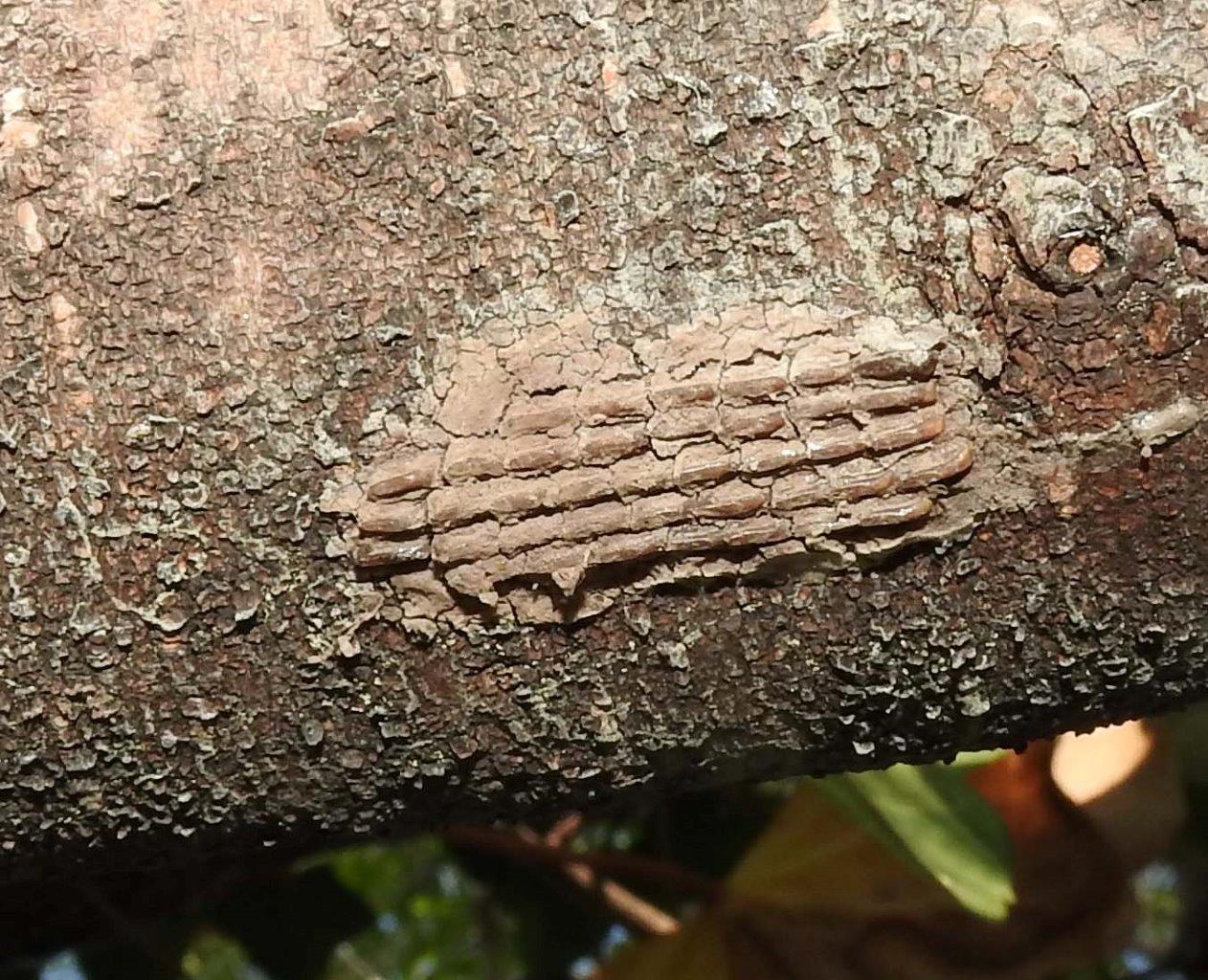 Egg Mass Removal (December-May)
Egg Mass Removal (December-May)
The Manual removal of Lantern Fly egg masses from the trees and structures on your property.
Root Drench (March-Leaf Out)
The most effect means of protecting your landscape. This spring application of systemic insecticide via root drench protects your trees by limiting the population of lantern flies for up to 5 months.
Tree Banding (April-June)
Utilizing glue traps on the trunks of effected trees to capture lantern fly nymphs.
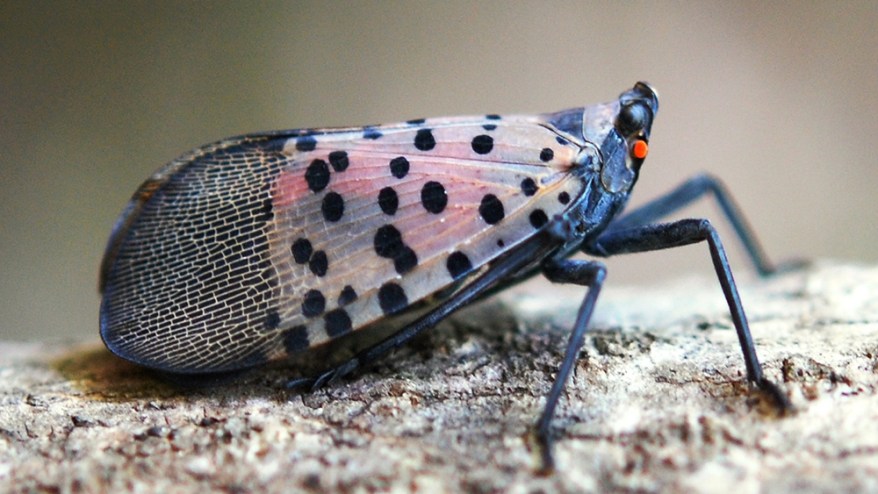 Direct Spray Insecticide (June-November)
Direct Spray Insecticide (June-November)
Application of insecticides directly to the nymph or adult lantern flies.
